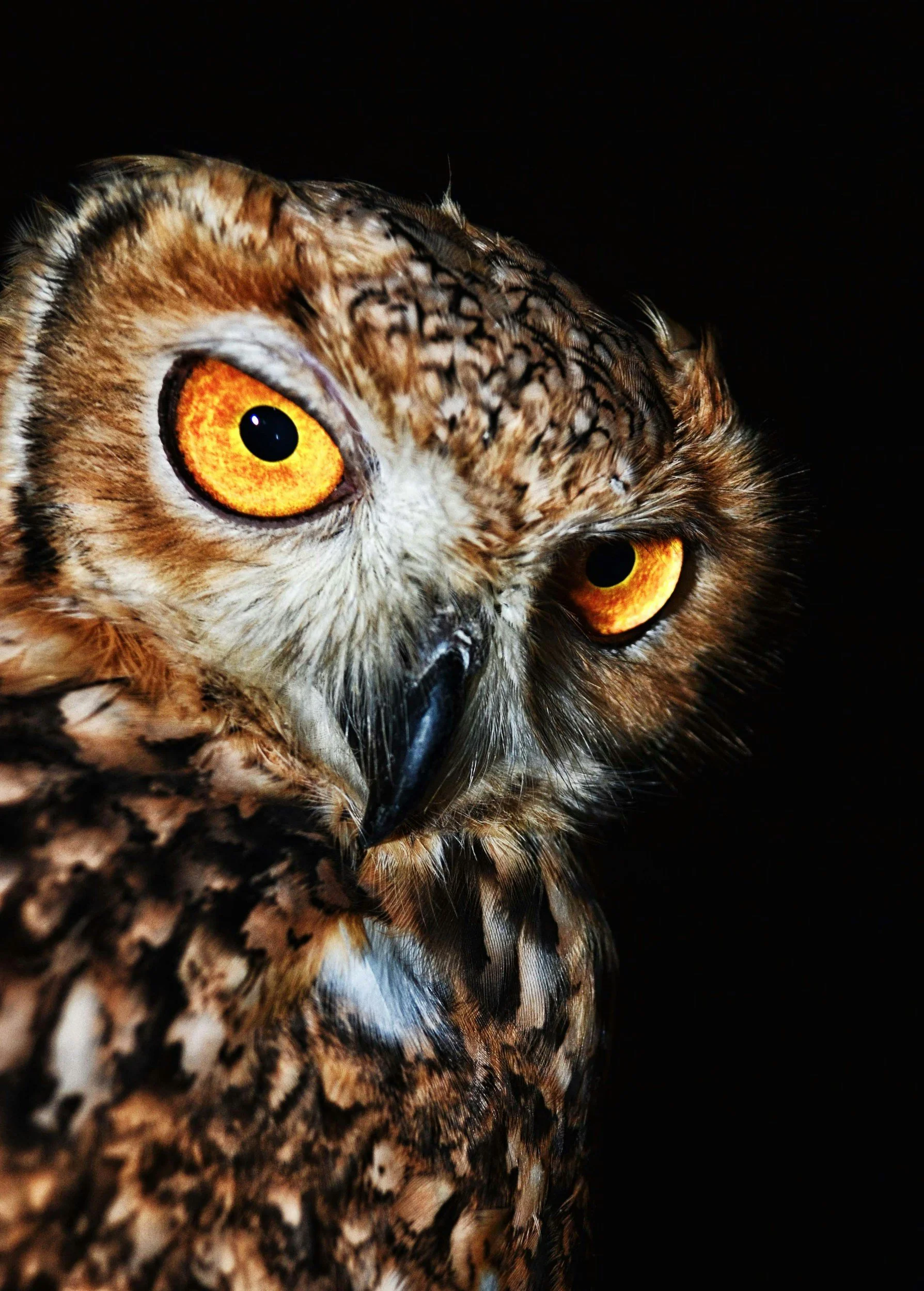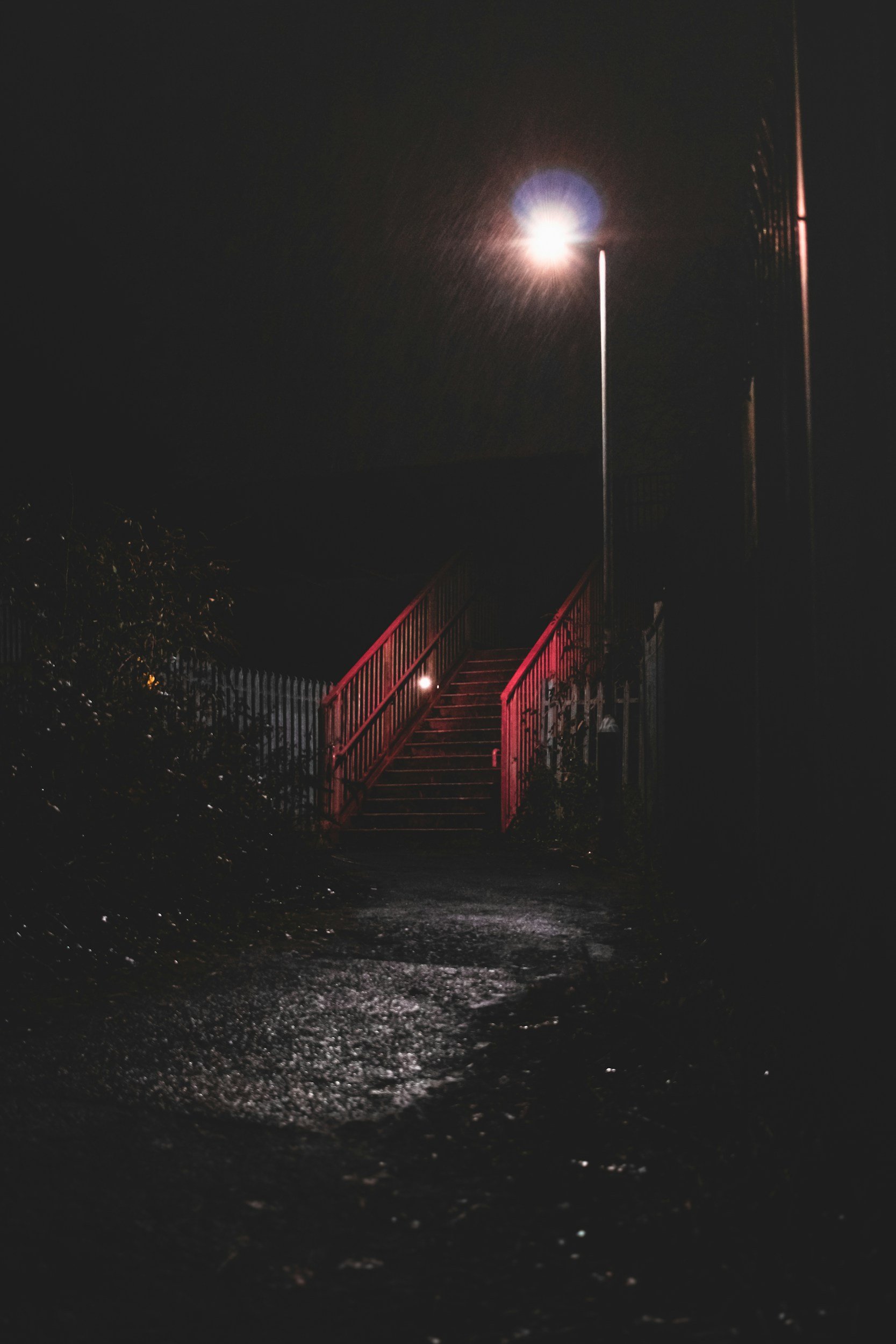8 Taboos Around Death in Igbo Culture
Death in Igbo culture is a transition to the spiritual realm, where the deceased continues their journey. This transition is treated with deep reverence, and a number of taboos have evolved to honor the dead and ensure harmony between the realms of the living and the dead.
Here are eight general taboos surrounding death in Igbo communities:
Pregnant Women and Burial: A deeply held taboo in Igbo culture is the prohibition of burying a pregnant woman with the child still inside her womb. It is believed that such a burial could cause untimely death for members of the family. To prevent the disruption of spiritual order, the child must be removed before the burial takes place. The belief stems from the principle that only one body should occupy a single or same grave in Igbo land, and not two.
Clothes Worn During Burials: In Igbo culture, clothes worn during burial ceremonies are believed to carry significant energy. After a burial, the garments worn for the occasion are considered "contaminated" with the aura of death. Wearing these clothes outside of mourning contexts is thought to bring misfortune. For this reason, mourners are expected to discard or cleanse the clothing worn to such ceremonies.
Parents and the Burial of Their Child: In Igbo tradition, the natural order of life is for children to bury their parents, not the other way around. The death of a child before their parents is seen as a serious spiritual imbalance. To respect this order, parents are advised not to witness the burial of their own child, nor are they to partake in the food prepared for the ceremony. Ignoring this taboo is believed to attract further tragedy and unnatural deaths within the family.
Mirrors and Photographs After Death: Immediately after someone dies, there are specific rituals surrounding their personal belongings. Pictures of the deceased, especially those displayed around their home, are turned upside down or placed face down. Mirrors in the deceased's room are also covered. This practice is based on the belief that spirits may use these objects as portals to return to the realm of the living, which could disturb the balance between worlds.
Reincarnators at Funerals: In Igbo cosmology, reincarnation is a common belief, and many families recognize individuals who share a reincarnated spirit. If someone shares a reincarnated spirit (known as "Onye Uwa" or “Chi Uwa”) with another person, they are strictly forbidden from attending that person’s burial or consuming any food prepared for the funeral. Failing to observe this rule is thought to endanger the life of the surviving reincarnator, potentially leading to their own untimely death.
Deaths by the Wrath of a Deity: If someone dies as a result of angering a deity (known as "Alusi" or "Arushi"), the death is seen as a spiritual consequence. In such cases, the deceased’s body is considered the property of that deity, and specific rituals must be performed to cleanse the household. These rituals are dictated by the deity in question, and failing to adhere to them is believed to bring further misfortune or punishment to the family.
Photography of the Dead: In Igbo tradition, taking photographs of a corpse is heavily discouraged. It is believed to be disrespectful to the dead, potentially disturbing their spirit. Additionally, many believe that photographing the dead can bring negative energy or bad luck to the person taking the photograph or to anyone who views it. The soul is considered to be in a delicate state, and such practices are thought to interfere with the spiritual journey.
Taboo Against Suicide: Suicide carries a serious spiritual stigma in Igbo society. It is seen as an unnatural and unfortunate end, complicating the soul’s passage to the afterlife. Those who die by suicide are not publicly mourned, and their death is treated with silence to prevent the act from being repeated within the community. This taboo serves both as a warning against the act of suicide and as a measure to contain its spiritual consequences.
To Sum It Up
Igbo worldview sees life and death as intimately connected to the spiritual realm, with various taboos, which some might consider as superstitious, developed to honor the sacredness of death.
These beliefs and practices reflect a deep respect for spiritual laws, ensuring that the passage from life to death is handled with reverence and care.
Observing these taboos allows the community to maintain balance between the seen and unseen worlds, allowing for harmony between the living and the departed.
Did we leave out any taboos common around the subject of death in Igbo culture? Let us know in the comment section below.
May your days on earth be long and full of ease!









